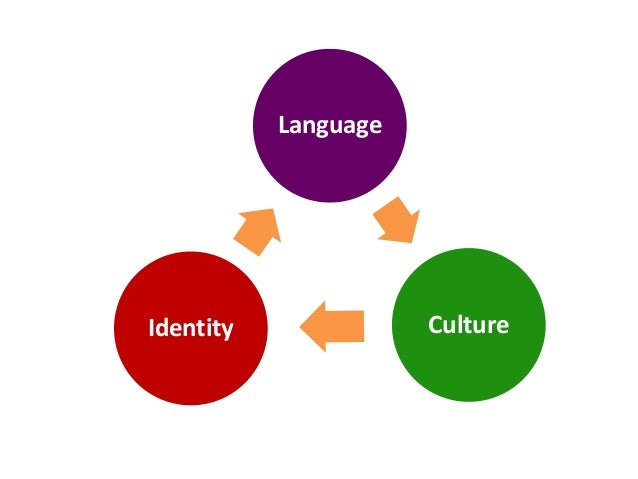Additional Decolonisation Note
Fanon and Cabral understood identity and culture as fundamentally collective phenomena - forged through struggle and inseparable from the material conditions and power relations that shape people's lives. For them, cultural reclamation wasn't about individual self-expression but about collective liberation. When Fanon writes about the "new man" emerging through revolutionary struggle, or when Cabral talks about "return to the source," they're describing processes where identity becomes a weapon against oppression and a foundation for building alternative social relations. Culture here is productive - it creates new possibilities for human flourishing.
The neoliberal reframing transforms this entirely. Identity becomes privatised, a matter of personal choice divorced from collective struggle. Culture gets commodified into lifestyle options and market segments. What was once a tool for challenging power structures becomes a way of managing difference within existing structures.
This shift is particularly insidious because it appears to honour diversity and individual freedom while actually defanging the radical potential of cultural politics. The language sounds similar - liberation, identity, self-determination, but the underlying logic is completely different. One framework sees these as collective goods achieved through struggle; the other sees them as individual commodities achieved through choice.
Contemporary "woke" politics seems to sit right at this fault line between revolutionary and liberal frameworks, often containing elements of both, which is part of why debates around it are so intense and confused. On one hand, you can see the revolutionary lineage: structural analysis of oppression, understanding how identity categories are shaped by power relations, collective organising around shared experiences of marginalisation. This connects directly to the decolonisation tradition - the idea that consciousness and culture emerge through struggle against domination. But the liberal capture is also evident: the focus on individual awareness and allyship rather than collective action, the commodification of social justice into corporate diversity initiatives, the treatment of identity as individual choice rather than collective condition. You get things like bias training replacing demands for material redistribution, or "representation" in elite institutions substituting for fundamental structural change.
The term "woke" itself reflects this tension, originally emerging from Black liberation movements to describe a collective awakening to systemic oppression, then getting both appropriated by liberals (stripped of its radical content) and weaponised by conservatives (as a catch-all for identity politics they oppose).
The Fanon/Cabral framework helps explain why these debates feel so fraught, people are often talking past each other because they're operating from completely different understandings of what identity and culture are for. The revolutionary sees them as tools for collective liberation; the liberal sees them as individual rights to be managed within existing systems.





Focus on struggle as process is important and the emphasis on this being done as a collective.
We allowed them to redefine, WOKE. Woke was/is an awareness that YT folk will kill you and their is very little that anyone will be able to do about it. No justice. This ain't fair. This is how it is. Be careful, keep your eyes open